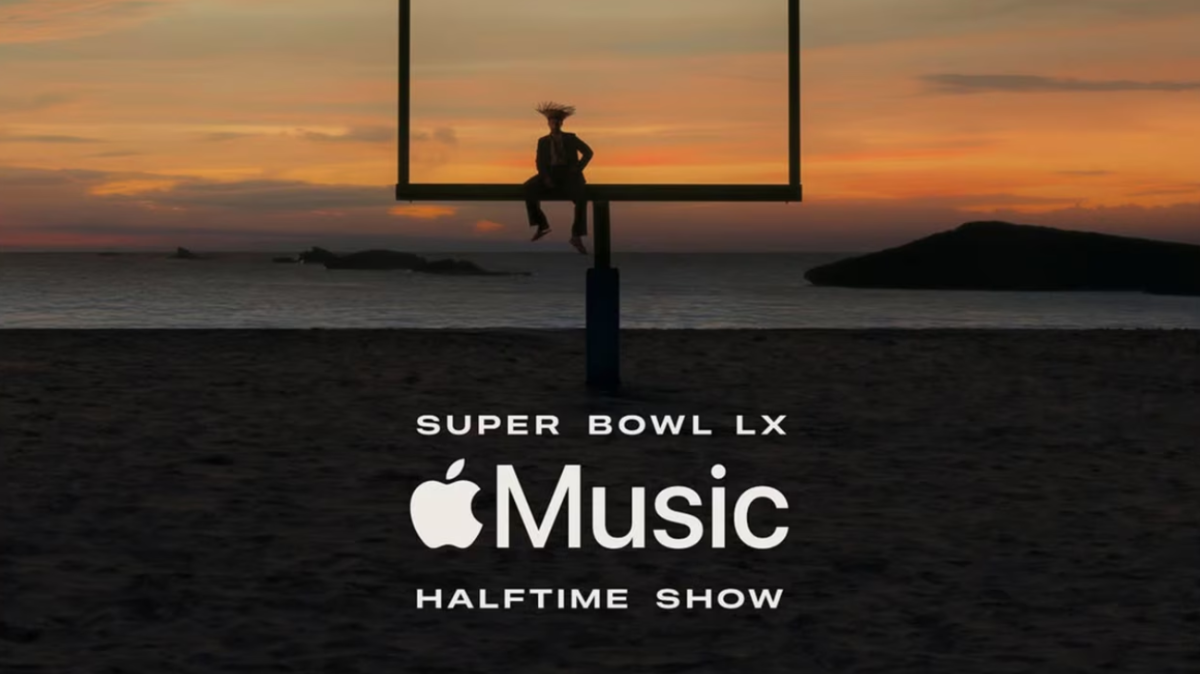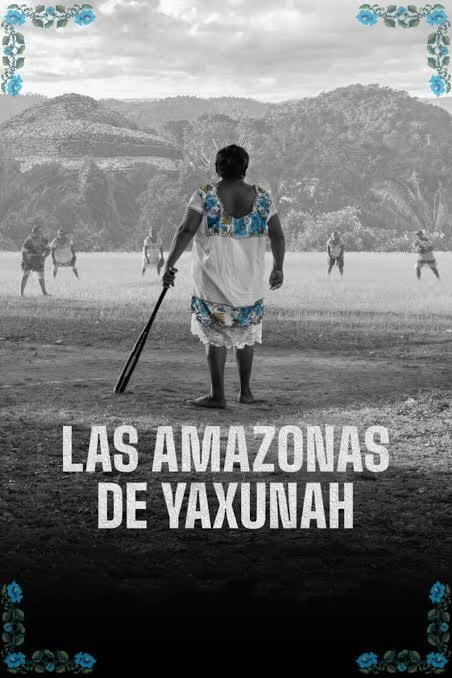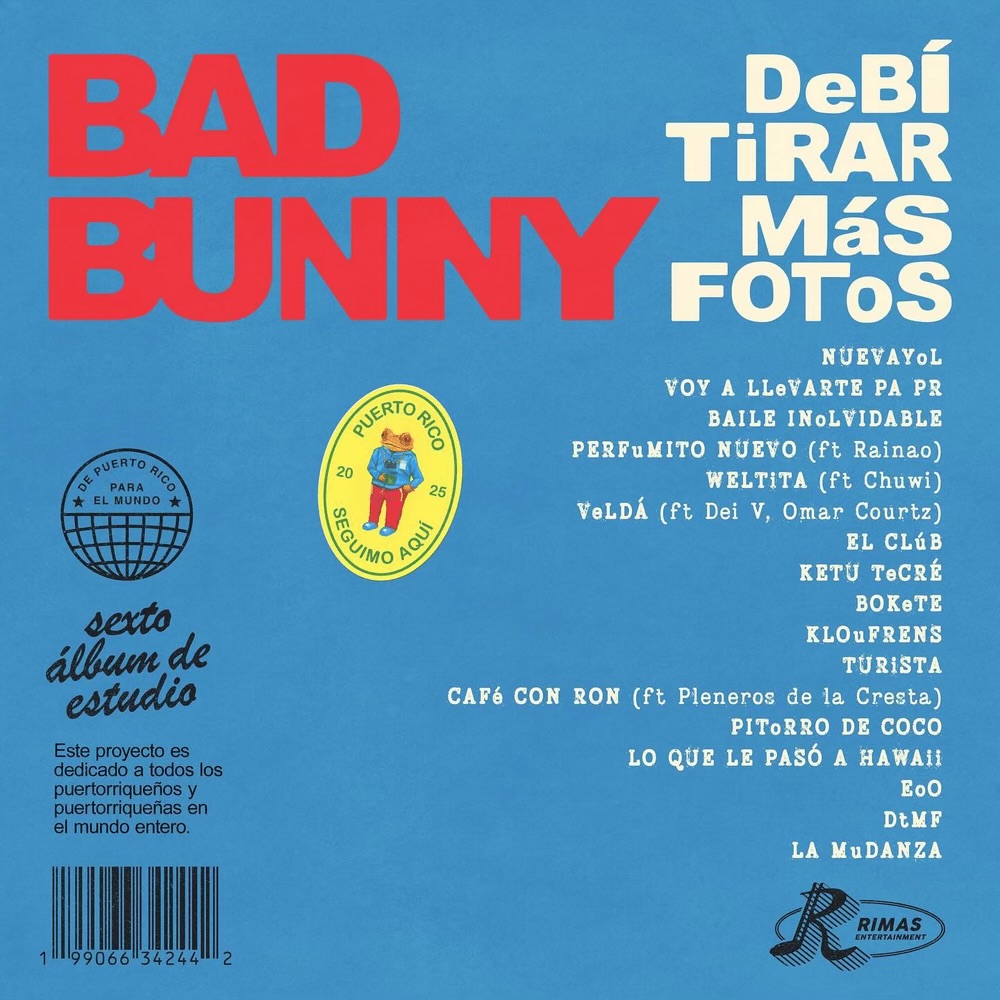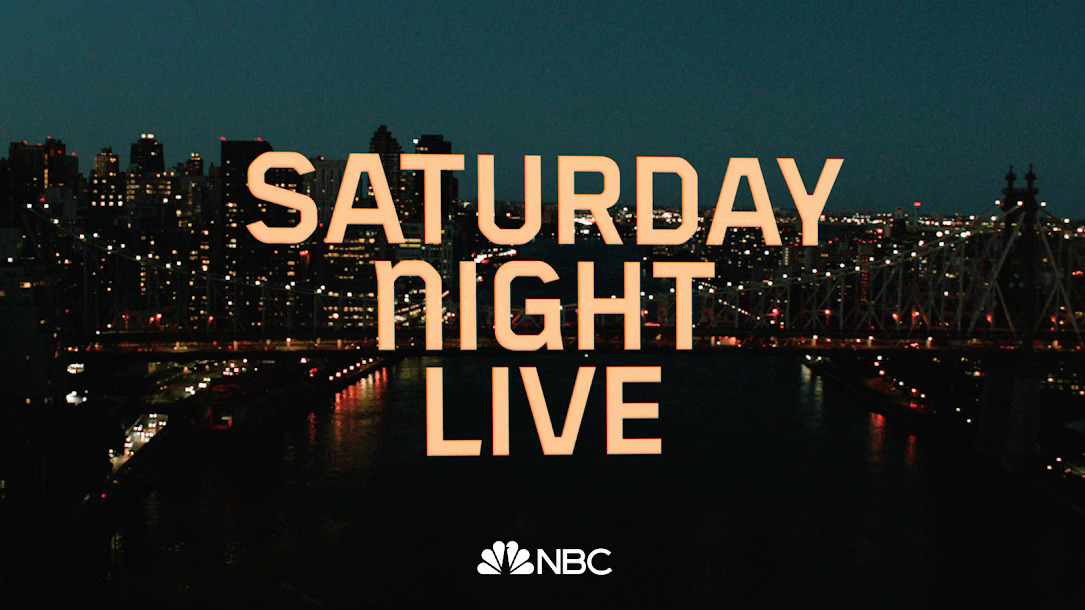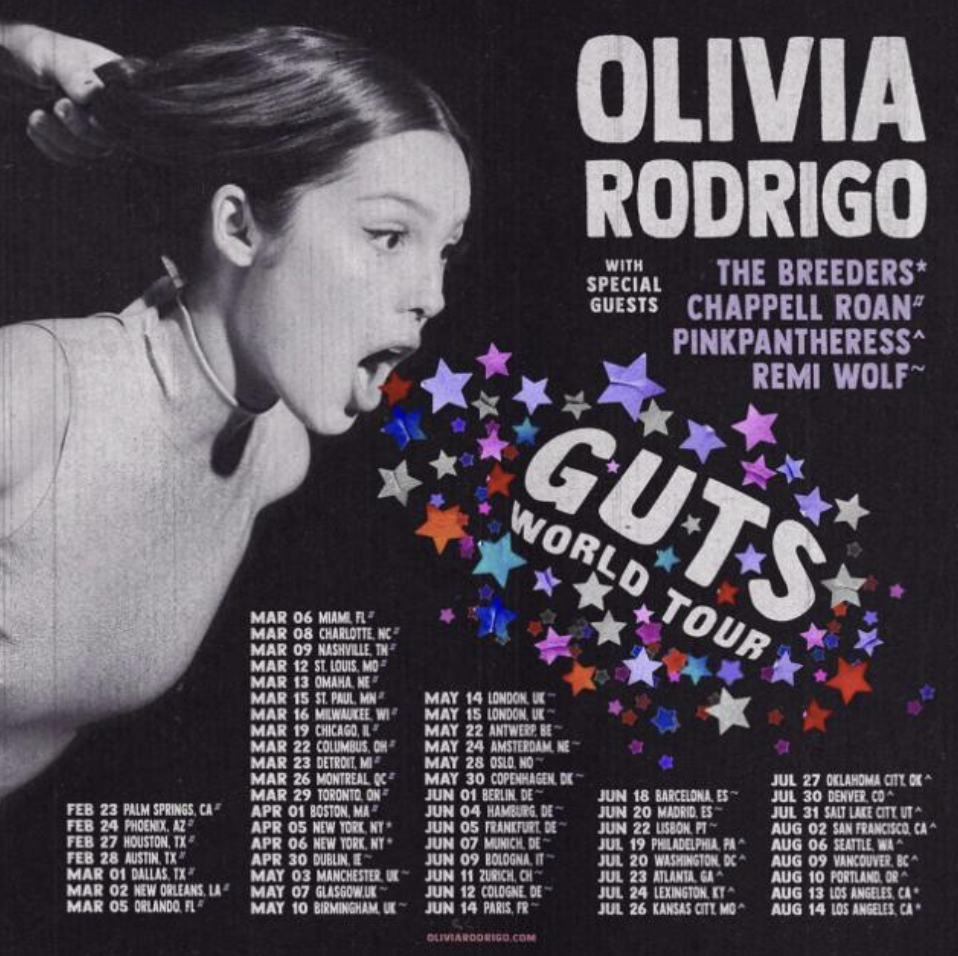“No, no te puedo olvidar. No, no te puedo borrar. Tú me enseñaste a querer. Me enseñaste a bailar.” (Translation: “No, no I can’t forget you. No, no, I can’t erase you. You taught me how to love. You taught me how to dance.”) These powerful lyrics from Bad Bunny’s Baile Inolvidable, a track from his new album Debí Tirar Más Fotos (I Should Have Taken More Photos), hit like a heartbeat raw and cathartic.
Benito Antonio Martínez Ocasio, better known as Bad Bunny, is set to bring his iconic energy to the Super Bowl LX Halftime Show. The Puerto Rican artist, celebrated worldwide, was selected through a collaborative process involving the NFL, Apple Music, and Jay-Z’s Roc Nation, which made the final decision. Potential performers are evaluated on factors including cultural impact, global reach, and genre. In Bad Bunny’s case, his immense popularity among young, diverse, and bilingual audiences aligns perfectly with the NFL’s strategy to revive its traditionally aging viewership.
The choice also carries cultural and strategic importance. By featuring Bad Bunny, the league steps toward inclusion, adding artistic diversity and cultural relevance into a show that has been criticized for predictability. From a business perspective, the selection advances the NFL’s effort to expand internationally and attract new fans. As a Latina myself and an avid Bad Bunny fan, it fills me with pride to see another Latino on the national stage. But that pride runs deeper than fandom — it’s about identification. As RHS Spanish teacher Sra. Pérez explained, “Cuando alguien de tu propia raza viene a representar a tu país en un evento nacional se siente súper bien… sé que ama a Puerto Rico y ha hecho mucho por la isla” (When someone of your own race represents your country and your heritage at a national event it feels amazing. I know he loves Puerto Rico and has done a lot for our island.). Her words capture a sentiment many share: Bad Bunny’s presence proves Puerto Rico is on our map, that “nuestra pequeña isla está siendo reconocida”,(our small island is being recognized) in a moment of visibility.
For others, like Mathilde, an RHS Mexican-American high school student and lifelong fan, the announcement felt personal. “Me siento muy orgullosa de ser Latina,” (I feel very proud to be Latina) she said, noting that Bad Bunny’s performance sends “un mensaje fuerte para el país que todos pertenecemos aquí” (a strong message to the country: we all belong here). When some critics argued the halftime show should feature an “American” artist, Mathilde laughed. “Me doy cuenta que esas personas no saben que Puerto Rico es parte de los Estados Unidos” (I realized that these people don’t know that Puerto Rico is part of the U.S.).
Both perspectives reflected a common dissonance within the Latin community’s attitudes: admiration mixed with apprehension. Sra. Pérez recognizes Bad Bunny’s cultural influence but questions whether he fully represents Puerto Rican values, saying, “Personalmente no siento que Bad Bunny represente los valores adecuadamente… pero sí pienso que en algunas canciones representa nuestra identidad muy bien, como por ejemplo con Lo que le pasó a Hawaii” (Personally, I don’t feel that Bad Bunny encompasses all Puerto Rican values..but I do think that in some songs he represents our culture very well, like in his song Lo que le pasó a Hawaii). Mathilde echoed that connection, explaining that the song reminds listeners “que no pierdan su cultura y que no bajen su bandera (that they shouldn’t forget their culture and not withdraw their flags),” drawing a powerful parallel between Hawaii’s cultural erasure and Puerto Rico’s ongoing struggles for identity and autonomy.
Beyond debates over lyrics or image, both interviewees agreed on one thing: representation matters. “Los jóvenes pueden sentirse vistos a través de la presentación,” (Young people can feel seen through the presentation) said Sra. Pérez, emphasizing how such moments boost cultural pride. Mathilde stated: “No importa si hables buen español o mal español… todos somos latinos. La música nos une a todos” (It doesn’t matter if you speak perfect Spanish or horrible Spanish…we are all latinos. Music unites us all).
This moment hits even harder while our country continues to dehumanize and degrade Latin American immigrants. According to a study by LULAC, anti-immigrant bills across the U.S. disproportionately target the 11.2 million undocumented immigrants living here—66% of whom are Latino. Even Latinos with legal status have felt the consequences of this climate. Anti-Latino hate crimes have surged over the past decade, fueled by political rhetoric that turns “immigrant” into a synonym for “Latino.”
But the truth is that immigrants, especially undocumented ones, are essential to the nation’s foundation. They contribute an estimated $96.7 billion annually in taxes, and a pathway to citizenship could boost the U.S. GDP by $1.7 trillion over the next decade. Immigrants build our cities, raise our children, and feed our communities. To target them is not only unjust, it’s self-destructive.

That’s why Bad Bunny’s upcoming Super Bowl performance matters. His presence on one of America’s biggest stages challenges the tainting narratives that have long illustrated Latinos as outsiders and threats. Through his music, Bad Bunny reminds the world that we are not a problem to be solved, but a people to be celebrated rich in culture, creativity, and pride.
As Bad Bunny joked on Saturday Night Live, “You have four months to learn Spanish.” But maybe what the country really needs to learn isn’t just the language, but the humanity behind its culture.

